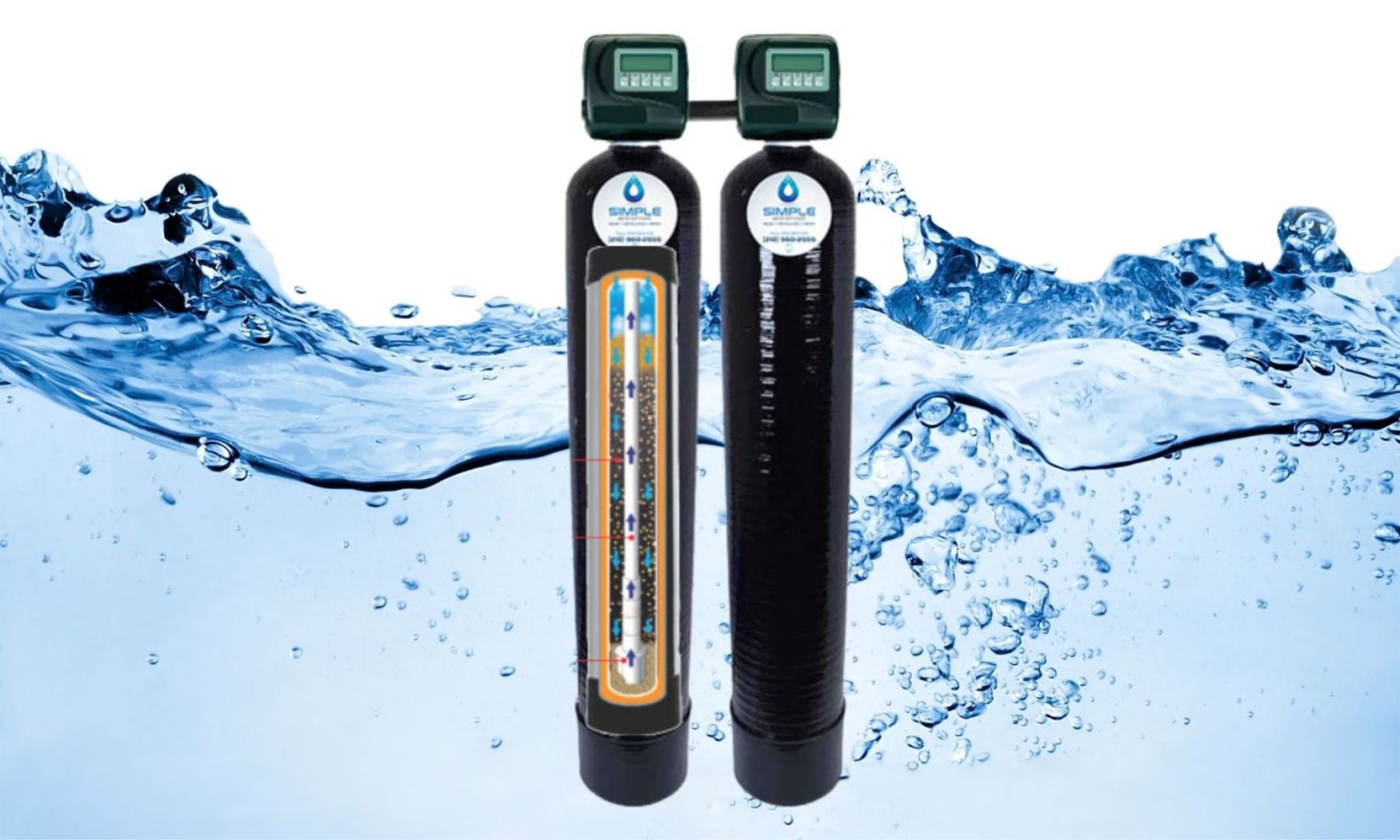
04 Sep. 24
How Water Softeners Improve Water Quality During Drought Conditions
Drought conditions are no stranger to San Antonio residents. With the hot Texas sun bearing down, water levels can drop, and the city often faces water restrictions. During these challenging times, maintaining high water quality in your home becomes even more crucial. One of the key ways to ensure this is through the use of water softeners. In this blog post, we’ll explore how water softeners can help improve water quality during drought conditions and provide practical tips on conserving water while still benefiting from softened water.
Understanding the Impact of Hard Water During a Drought
San Antonio is known for its hard water, which contains high levels of calcium, magnesium, and other minerals. These minerals can cause a range of problems, from scaling in pipes and appliances to dry skin and dull hair. During drought conditions, these issues can be exacerbated as the mineral concentration in the water can increase due to lower water levels. This makes it even more important to have a water softener in place to help combat the effects of hard water.
How Water Softeners Improve Water Quality
Water softeners work by removing the minerals that cause hardness, resulting in softer, more manageable water. Here’s how they can be particularly beneficial during drought conditions:
- Reduced Scale Buildup: Hard water leads to scale buildup in pipes and appliances, which can reduce their efficiency and lifespan. During droughts, the water supply may have an even higher concentration of minerals, leading to more rapid scaling. A water softener helps to prevent this, ensuring your plumbing and appliances operate smoothly.
- Better Soap Efficiency: Softened water lathers better with soap, meaning you use less soap and detergent for the same cleaning effect. This is particularly useful during droughts when water conservation is key. Using less soap also means fewer chemicals are released into the environment.
- Improved Skin and Hair Health: Hard water can leave a residue on your skin and hair, causing dryness and irritation. During droughts, when water use might be limited, the last thing you need is to deal with skin and hair problems caused by hard water. A water softener helps maintain softer water, which is gentler on your skin and hair.
- Protecting Water Heaters and Other Appliances: Hard water can cause scale buildup in water heaters, making them less efficient and more expensive to operate. With water softeners, the risk of scale buildup is significantly reduced, helping your water heater run more efficiently and last longer, which is especially important during droughts when every drop counts.
Tips for Conserving Water While Using a Water Softener
While water softeners are great for improving water quality, it’s still important to be mindful of water usage, especially during droughts. Here are some tips to help you conserve water while still enjoying the benefits of softened water:
- Optimize Your Water Softener Settings: Make sure your water softener is set to the correct hardness level. Over-softening can lead to unnecessary water use during the regeneration process. Consult your owner’s manual or contact a professional to ensure your system is set up correctly.
- Fix Leaks Promptly: Even small leaks can waste a significant amount of water over time. Regularly check for and repair any leaks in your plumbing to avoid wasting softened water.
- Use Water-Efficient Fixtures: Install water-efficient showerheads, faucets, and toilets to reduce water usage without sacrificing performance. These fixtures help you conserve water while still benefiting from the comfort of softened water.
- Regenerate Your Softener During Off-Peak Hours: Schedule your water softener to regenerate during times when water demand is low, such as late at night. This reduces the strain on the local water supply during peak usage times.
- Practice Smart Landscaping: Use drought-resistant plants and efficient irrigation systems in your landscaping. This reduces the need for frequent watering and helps you conserve water.
Conclusion
Water softeners play a crucial role in maintaining water quality, especially during the drought conditions often faced by San Antonio residents. By reducing scale buildup, improving soap efficiency, and protecting appliances, water softeners help ensure that you continue to enjoy high-quality water even during dry spells. By following water conservation tips and using your water softener efficiently, you can help make the most of your water supply while still enjoying the many benefits of softened water.
If you’re ready to improve your water quality and make your home more drought-resilient, consider investing in a high-quality water softener from Simple Water Softeners. Contact us today to learn more!


